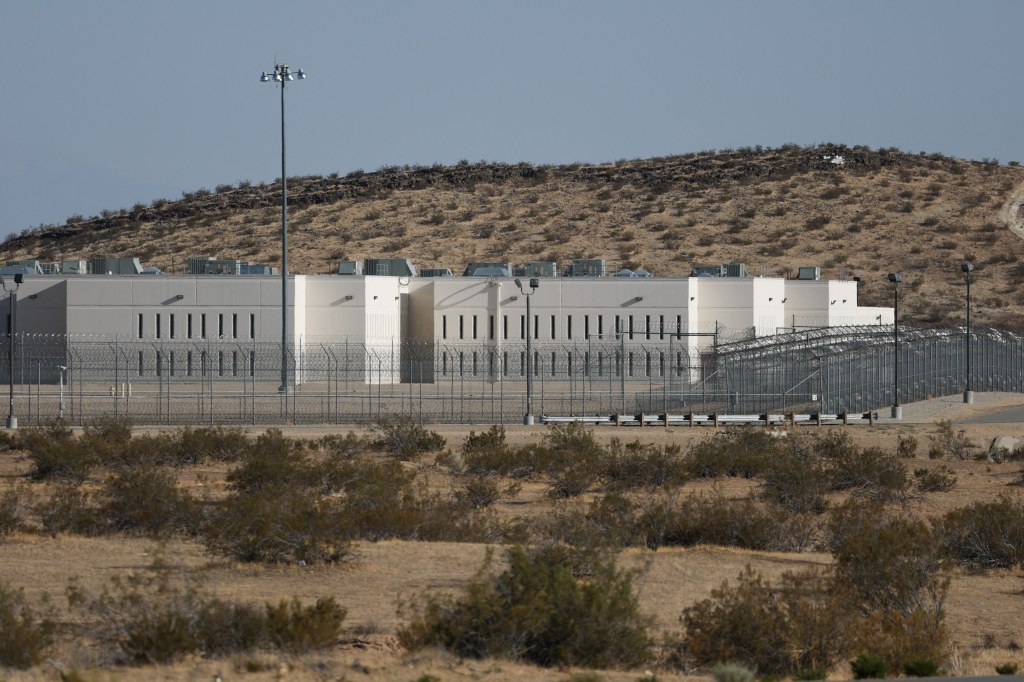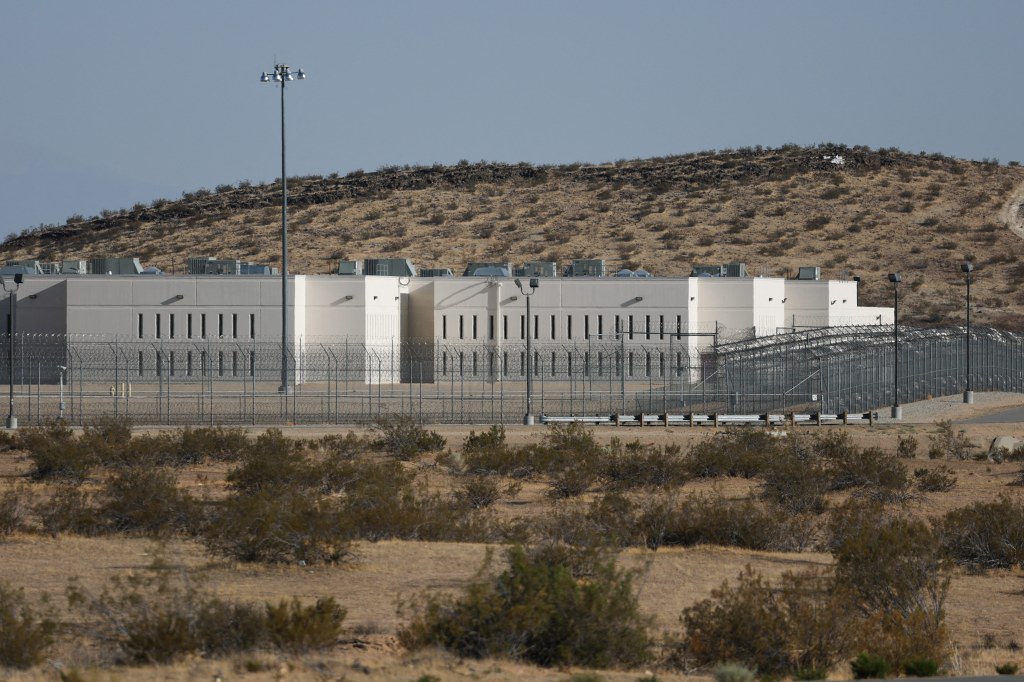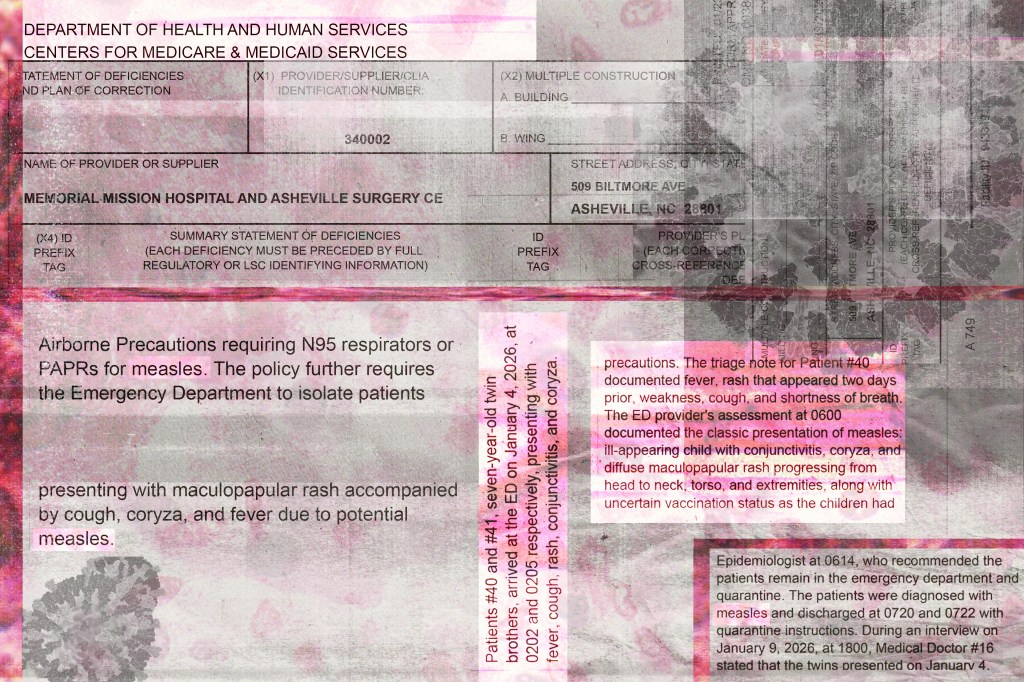HELENA, Mont. — Montana’s frayed behavioral health care system, still recovering from the effects of past budget cuts, will get a shot in the arm after state lawmakers approved sweeping changes to upgrade and expand facilities, increase community services, and revise commitment procedures.
Lawmakers backed the bulk of Republican Gov. Greg Gianforte’s multimillion-dollar vision to bolster and expand the system, which has experienced waitlists for care and has been working in recent years to reverse the loss of community-based mental health services and regain federal certification of the state psychiatric hospital, lost in 2022 after a spate of patient deaths. Legislators then went several steps further to fill what they saw as gaps in the governor’s proposals.
They agreed to build a new mental health facility in eastern Montana, add more beds at existing state facilities, fund more crisis beds in communities, revise some civil and criminal commitment procedures, and reimburse counties when criminal defendants ordered to state facilities are held in county jails.
“For our families that struggle in these systems, it gives us so much hope,” said Matt Kuntz, executive director of the National Alliance on Mental Illness’ Montana chapter, about the legislative action.
The state’s behavioral health system faced an array of problems going into the 2025 legislative session. They included shortages in community services, particularly in rural areas, created by deep cuts made in 2017 in response to a state budget shortfall, along with a backlog of criminal defendants waiting for evaluations and services at the state-run psychiatric hospital.
The prospects of the situation improving seemed dim for a long time, Kuntz said. “Then you have the governor’s office, the legislature, the counties, the county attorneys all working together to bring tangible solutions. And they got the votes,” he said.
That support built over time as the state spent money on improvements needed to regain the Montana State Hospital’s federal certification and counties came under increasing pressure due to a lack of services and treatment beds. The legislature and governor committed to review the system in 2023.
In all, lawmakers approved about $124 million in state spending and up to $40 million in federal funds over the next two years for behavioral health services, a new state-owned facility, and additional beds in existing facilities.
“The people that need our support, the people that can’t take care of themselves, the families that are struggling with their family member that can’t take care of themselves at some points in time are going to benefit from what we did,” Republican state Sen. John Esp said in summing up the legislature’s work.
The spending approved by the legislature goes well beyond the money Gianforte requested for behavioral health changes. He included 10 funding requests in his proposed state budget for the next two years that totaled about $43.5 million in state funds and $42 million in federal funds. The requests were based on recommendations from the Behavioral Health System for Future Generations Commission.
Lawmakers created that commission in 2023 to review state-funded services for people with mental illness, substance use disorders, and developmental disabilities. Legislators that year set aside $300 million to be spent in future years on recommendations made by the commission.
Even before the start of the session, some legislators questioned whether the governor’s budget did enough to address the lack of both community-based crisis services and forensic beds at the Montana State Hospital, which are for people in the criminal justice system.
Two bills introduced in January — House Bill 236 and HB 237 — sought to address lengthy jail holds experienced by some people waiting for mental health evaluations or treatment before their trials can proceed. Defendants generally obtain those services at the Montana State Hospital’s forensic unit.
Both bills failed. But testimony on the measures, as well as on the governor’s budget requests, drew attention to the backlog of people waiting in jails across the state. Legislators heard of prolonged delays — some stretching more than a year — that sometimes led to cases being dismissed because of concerns that the delays had violated the defendants’ constitutional right to a speedy trial.
By April, the legislature was considering possible fixes on several fronts. Some resulted from long hours of discussion among the parties involved.
During an April 15 hearing on Senate Bill 429 to revise criminal commitment procedures, Chad Parker, a state health department attorney, described the measure as “a very robustly negotiated bill.” Nanette Gilbertson, representing the Montana County Attorneys’ Association and the Montana Sheriffs and Peace Officers Association, said it contained elements “that I know were tough pills to swallow for both the associations I work for and the department.”
The bill would allow involuntary medication of defendants in county jails under certain circumstances — an idea state officials initially opposed — and prohibit the filing of a contempt charge if someone isn’t admitted to the Montana State Hospital for treatment because a bed isn’t available, which was important to the state to include.
Gilbertson told the House Judiciary Committee the bill was just one of several that, “taken in a package, are going to create immense change in the mental health and behavioral health system in the state of Montana.”
They include bills to reimburse counties for the costs of holding people waiting for state mental health services, allow short-term mental health holds in the community, improve delivery and payment for community services, and create more beds in state facilities for people committed through both criminal and civil procedures.
Legislators also approved money for a new mental health facility, expected to be built in eastern Montana, that will include more forensic beds.
Gianforte spokesperson Kaitlin Price said Gianforte would carefully consider the bills passed in addition to his proposals.
The governor’s original budget request focused primarily on community services. Legislators approved all but one, which would have created an electronic bed registry. The approved requests will revise reimbursement rates for developmental disability services, residential youth psychiatric treatment, and crisis and outpatient behavioral health services. They also will reopen clinics for early diagnosis of developmental disabilities in children, provide workforce incentives, and seek to improve delivery of services to people with developmental disabilities who have complex needs.
Esp, who served on the behavioral health commission and sponsored several of the bills, cautioned that the success of this year’s efforts will depend on whether future legislatures and governors spend the money needed to continue the new services.
“The problem we’ve always had around here is we look at things in two-year increments and towards the next election instead of looking at what’s the best policy for the state of Montana, long term,” he said.
KFF Health News is a national newsroom that produces in-depth journalism about health issues and is one of the core operating programs at KFF—an independent source of health policy research, polling, and journalism. Learn more about KFF.
USE OUR CONTENT
This story can be republished for free (details).









